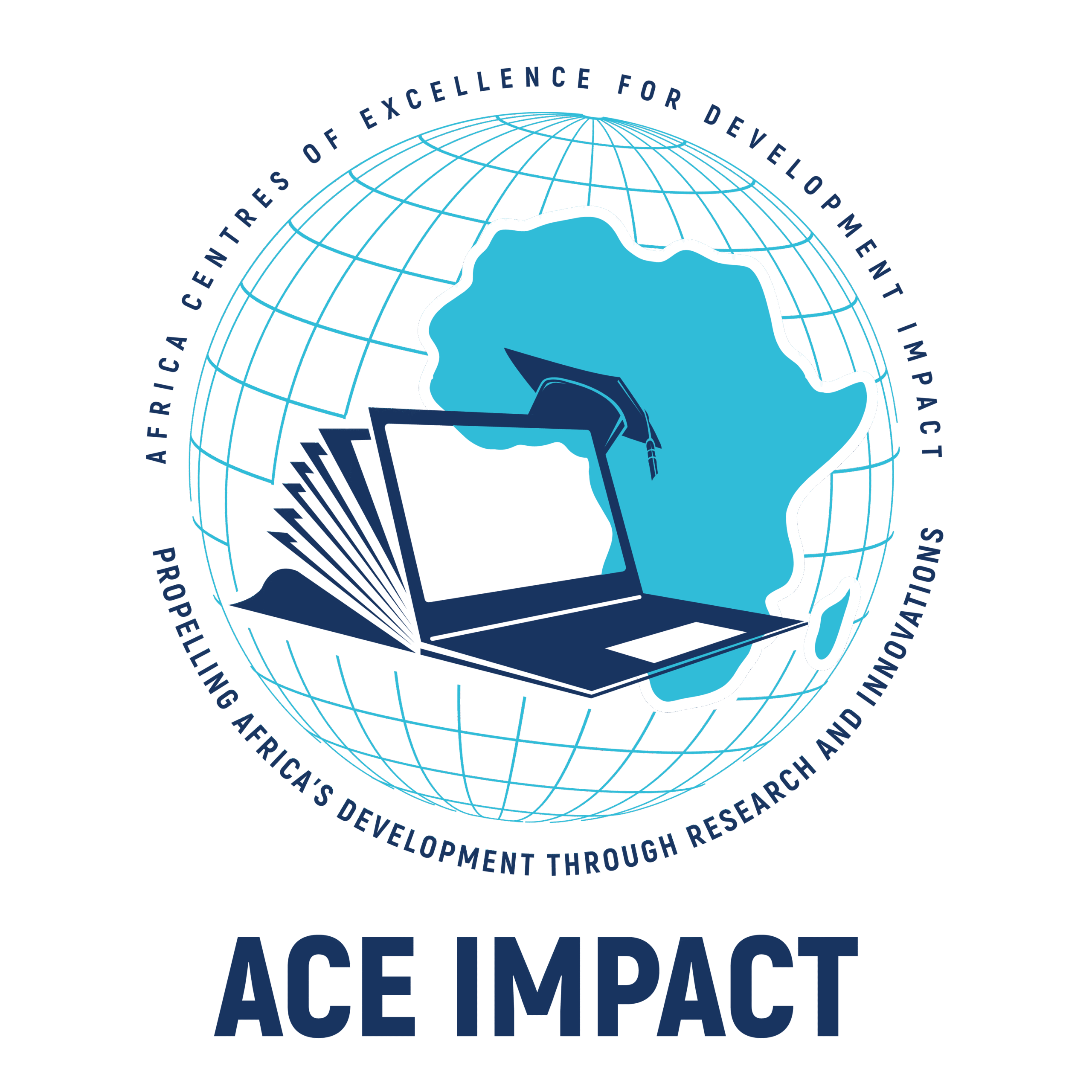Nigeria’s Africa Centres of Excellence (ACE) project has recorded a cumulative enrolment of 33,347 students, including national and regional scholars.
This was revealed by the National Project Coordinator, Mr. Joshua Attah, during the pre-closure retreat of the ACE Impact Project in Abuja. He said the project has seen 294 female and 630 male regional students enrolled, alongside 6,129 national students—2,681 females and 3,448 males.
At the graduate level, 6,945 students are pursuing advanced degrees: 1,862 PhD candidates and 5,083 at the MSc level.
Attah highlighted that the ACE project, which spans 17 centres across 14 Nigerian universities, has significantly boosted research output, postgraduate training, and regional academic integration.
“These projects aren’t ending—just the funding is,” he noted. “The infrastructure, expertise, and academic impact remain and will continue to benefit students and researchers.”
He reported that the 17 Nigerian centres alone have earned $89.1 million through Disbursement Linked Indicators (DLIs) and secured additional funding of over ₦3.2 billion, $24.9 million, €1.77 million, and £589,000 from various sources. These funds have improved infrastructure, facilitated gender-inclusive scholarships, and secured over 128 programme accreditations—both national and international.
The Executive Secretary of the National Universities Commission (NUC), Prof. Abdullahi Ribadu, hailed the ACE project as a transformative initiative that elevated Nigeria’s higher education institutions into globally competitive hubs. He called for the centres to evolve into permanent institutional assets and urged universities to sustain them through diversified funding and strong governance.
Prof. Christian Happi, Director of the ACE for Genomic Infectious Diseases (ACEGID) at Redeemer’s University, emphasized the success of regional integration and international grants as key indicators of sustainability.
LASU Vice-Chancellor, Prof. Ibiyemi Olatunji-Bello, added that her institution’s ACE in STEM education had attracted scholars from across Africa and secured international accreditation, thereby raising LASU’s academic standing.
Backed by the World Bank and regional governments, the ACE initiative remains a powerful example of how focused investment in research and postgraduate training can transform Africa’s education landscape.

